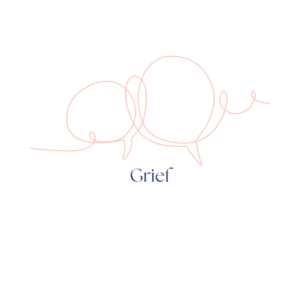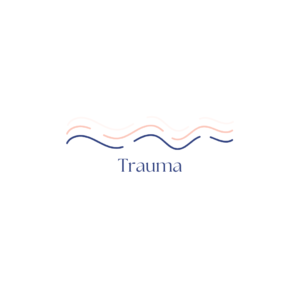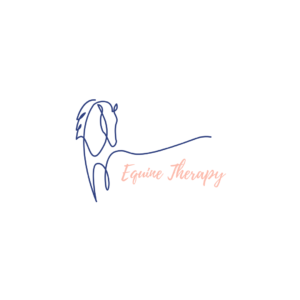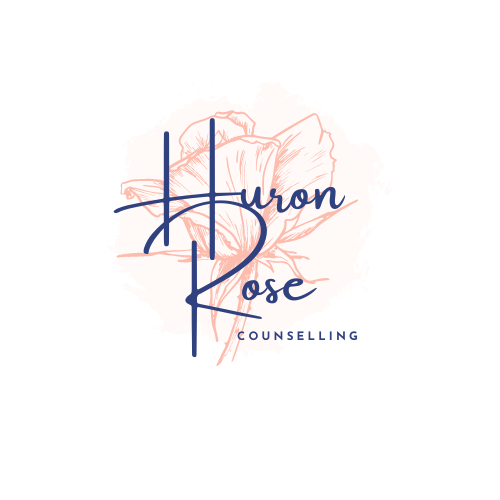

Registered Psychotherapist supporting the neurodiverse and disability community (adults only) across Ontario, through grief, trauma and burnout: ADHD, PTSD, Anxiety, Autism.
In 2008, I founded Recreational Respite, a national organization that uniquely supports the disability and neurodiverse community, those who face mental health struggles and other vulnerable individuals (and their families). The focus of this work was to navigate the systemic and attitudinal barriers that lacked inclusion and consideration for social participation while working collaboratively with an individual to create opportunities that develop a sense of self. This immersion lends to my approach in counselling that integrates theories and interventions based on an individuals strengths, experience and resources and considers various identities and the social lens of disability.
Theories, interventions and modalities used in my practice include (but is not limited to); attachment theory, internal family systems (IFS), EMDR, cognitive processing therapy (CPT), cognitive behaviour therapy (CBT), emotionally focused therapy (EFT), mindfulness practice and narrative therapy. I am trauma-informed in my counselling approach and trained to support those with post traumatic stress disorder (PTSD).
My education includes a B.A in Disability Studies (with honours and distinction) from the Toronto Metropolitan University, and a Master of Arts in Counselling Psychology from Yorkville University. I am a Registered Psychotherapist with the College of Registered Psychotherapists of Ontario (CRPO) in good standing, and a professional practice member of the Canadian Counselling and Psychotherapy Association (CCPA), serving any individual across Ontario.
I value the opportunity to collaborate with clients in the therapeutic space while creating a neurodivergent affirming therapeutic space that is non-judgemental and ensures compassion, acceptance, safety, cultural sensitivity and trust.


Burnout is a state of physical, emotional and mental exhaustion resulting from chronic stress that can occur while navigating grief, trauma or major life changes.
Counselling can offer a safe and supportive space to explore the underlying causes of burnout, navigate the challenges that burnout can present and develop coping strategies that create boundaries and the sensory and emotional regulation needed, for self-care.
Burnout can often create emotional dysregulation, extreme fatigue and social withdrawal. Those with Autism, ADHD, PTSD and or anxiety, can experience burnout from the constant effort of masking, sensory overload and chronic stress from grief or traumatic experiences.

There are many intersections of grief in the disability and or neurodiverse community.
Grief counselling considers the impact that a loss has had, for any individual.
In the neurodiverse or disability community, grief can come from the experience of being ‘othered’ or being misunderstood because of the lack of or late diagnosis of ADHD, Autism, Anxiety or PTSD. As one struggles with a new (or long time masked) identity, ongoing stresses related to systemic and societal barriers, diverse losses (independence, autonomy, supports, relationships), major life transitions, workplace challenges or relational challenges within family and care dynamics, the need to explore these experiences are important.

Counselling support for trauma should be in a safe, non judgemental and trusting space that promotes healing.
Trauma-informed care in counselling considers the impact that trauma has had on the wellbeing of any individual.
In the neurodiverse or disability community, trauma has come in the form of discrimination, inaccessibility and societal stigma. It can also come from high levels of uncertainty and anxiety from experiences of feeling unheard or misunderstood while navigating complex ableist systems and values. Trauma symptoms can overlap or exacerbate existing neurodivergent traits that can lead to higher rates of vulnerability.

Equine assisted therapy is a type of counselling approach that supports an individual and involves the presence and interaction with horses.
Joining the mental health team at PRANCE Therapeutic Equestrian Centre in Port Elgin, Ontario in September 2024, I now bring both my clinical experience in private practice and specialized training with equine (with certification from EAGALA) to provide an in-person, evidence-based model of counselling with equine, one day a week. Complimenting the variety of equine therapeutic programs PRANCE offers, equine assisted therapy is now recognized and supported by most major insurance companies and provides a unique alternative form of counselling as it incorporates horses experientially for healing, personal growth, development and learning. It is a collaborative team approach involving an individual, a mental health professional, an equine specialist and a horse(s).
For more information and or to schedule with me, please contact Equine Facilitated Wellness (EFW) program: [email protected]

Insurance and benefits (any) that offer coverage under psychotherapy.
Ontario Autism Program, Core Clinical Services can be used for therapy supports.
Community Assistance Program (CAP), with Autism Canada is a subsidy that can be applied for and will cover psychotherapy.


Video Resources
Videos and other audio resources can sometimes offer a common and often comforting voice with a shared message about the human experience in grief.

If you are in immediate crisis, please call 911, or call or text 988 for the suicide crisis hotline, available 24/7.





